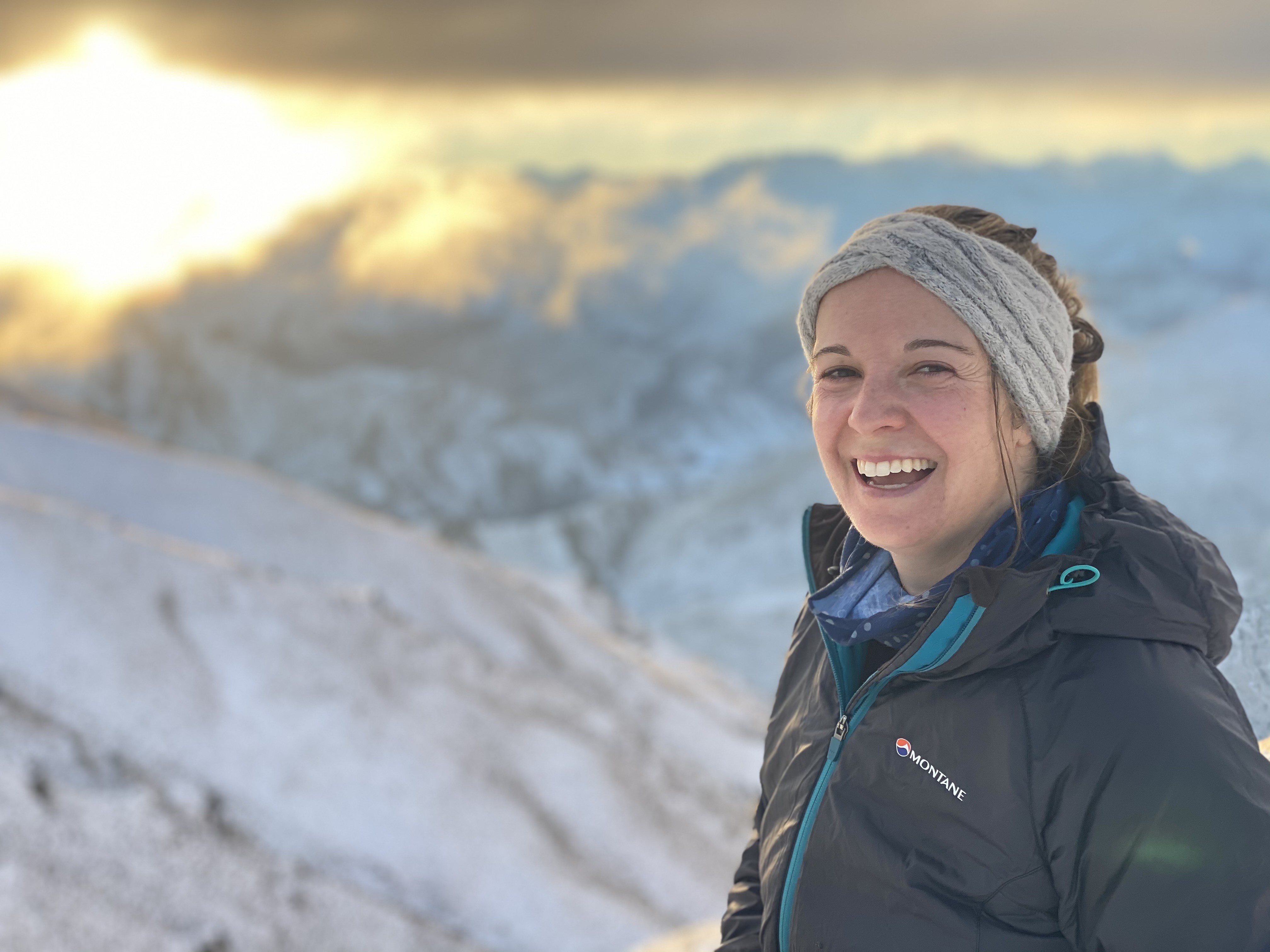
4 minute read
Staff profile: MAIA BLENKINSOP
Nursing Activity Manager
MSF experience:
Bentiu and Lankien, South Sudan, 2021
Kharkiv, Ukraine, 2022
Cox’s Bazar, Bangladesh, 2023
What led you to join MSF?
Since my early teens I dreamed of being a humanitarian aid worker after reading an inspiring book about an epidemiologist working with Ebola. Growing up, my parents would talk about world events, inequalities and social justice often, so I realised that a career in healthcare could be my way of contributing to the world I wanted to live in. I first worked with MSF in South Sudan in 2021, which was very interesting, rewarding and required a lot of adaptability. It was classic MSF; something needs to be done so you just do it.
Ukraine was my next assignment. My maternal grandparents were Ukrainian, and I am fluent in Russian and can understand some Ukrainian. My experience as a rural nurse at Twizel Medical Centre was good preparation. Rural work makes you think not only clinically, but also operationally. You need to overcome challenges such as poor roads, dangerous weather and poor directions to even get to your patients.
Can you share your first experiences of Ukraine?
The first thing I did on arriving was install the air raid app on my phone. Although when the sirens went off on my first night, I wasn’t sure if I should go to the basement or stay in my room, but I was soon able to sleep through anything.
Kharkiv had been severely bombarded, with one of the city’s suburbs right on the front line. Many of the apartment buildings had their fronts blown off by missiles, so you could see right into people’s flats and virtually every window was broken or taped up. There was so much destruction.
Once the counter-offensive had pushed the front line back, all these villages were back in Ukrainian hands, but we didn’t know what access they’d had to healthcare after eight months of terror, being shelled every day and forced to live in their basements for months.
What stood out for you about the community you were working in?
Stoicism. Seventy per cent of my patients were elderly ladies and they reminded me of my Ukrainian grandmother. They’re from that generation that doesn’t complain, they’re incredibly tough. The sort of women who aren’t often seen, who would never go on camera to say what they’d endured, but when they sat in our assessment room, many of them would cry.
In some towns, the soldiers took all the cellphones so civilians couldn’t contact the outside world or report on military positions. The villagers were desperate to keep in contact with family, so they’d hide phones, but if they were found, sometimes people were threatened, lined up against a wall, guns held to their heads.
In one town we saw missiles fly over our heads. Our driver joked he could read their serial numbers. We finished the clinic, but if one of the missiles had been intercepted above us, it would likely have been an unsurvivable explosion.
How did you and the people you treated keep going in an active war zone?
Life goes on. Many restaurants and bars were open because people refuse to stop living their lives. Keep calm and carry on is a universal act of defiance.
I’m definitely thankful for life’s simple pleasures. You just don’t appreciate walking on grass until you’ve had to stick to paved surfaces for any length of time because you’ve been worried you might step on a landmine.
Nursing activity managers define, coordinate and monitor all care and nursing-related activities in our projects. Their work includes daily management of human resources –according to MSF nursing protocols – to achieve efficiency, quality and continuity of prescribed care.










